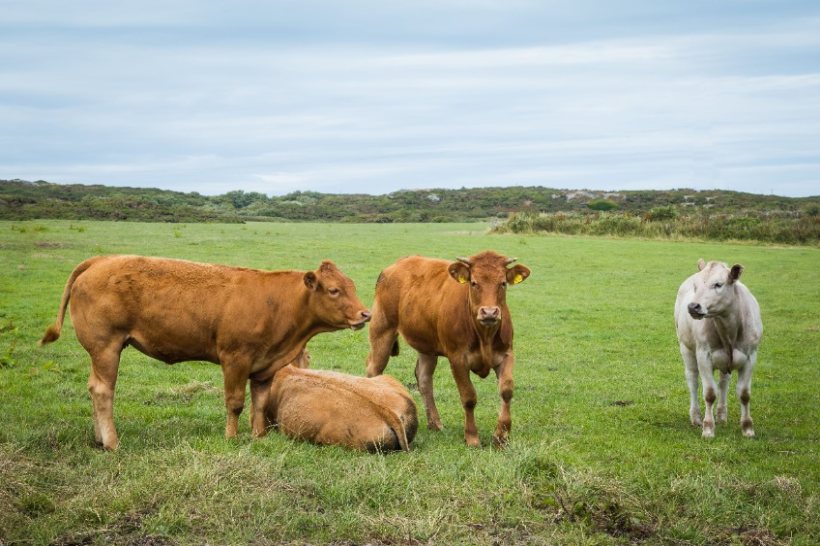
Four UK red meat bodies have published a toolkit to showcase what the industry is doing to combat climate change as COP27 gets underway next week.
The pack of materials aims to support the industry to form a common narrative on British livestock production and its place in a climate emergency.
The AHDB, Quality Meat Scotland (QMS), Meat Promotion Wales (HCC) and Livestock and Meat Commission (LMC) have launched it ahead of COP27 taking place from 6-18 November in Egypt.
The four organisations have brought together various insights to devise a toolkit to support the red meat supply chain to have positive dialogue with those outside the industry.
The aim is for the industry to communicate collectively as a sector to positively manage the reputation of red meat during and beyond COP27.
On behalf of the four organisations, QMS’ Chief Executive, Sarah Millar, said: “It’s critical that as a sector we have a strong, recognised and cohesive voice in the debate around the climate emergency.
“Tackling climate change and delivering sustainability at a holistic level is a much broader concept than the often singled-out issue of methane emissions.
"It’s about managing landscapes, the rural economy and infrastructure and delivering nutritious food for a healthy population.
“A shared narrative will build greater understanding among consumers and decision-makers, refute the myths and instigate greater fact-based conversations around livestock production.”
The toolkit includes statistics, expert opinion and downloadable graphics to illustrate the positive contribution farmland and well-managed livestock production can make to a healthy environment.
Some examples of this include reducing GHG emissions, protecting water resources and flood mitigation and other natural capital benefits such as soil health, hedgerows and peatland restoration as well as the value of food production.
Ms Millar added: “Working in partnership across the supply chain is as critical in defending the British red meat sector’s place in food production as it is in delivering on net zero goals.”
